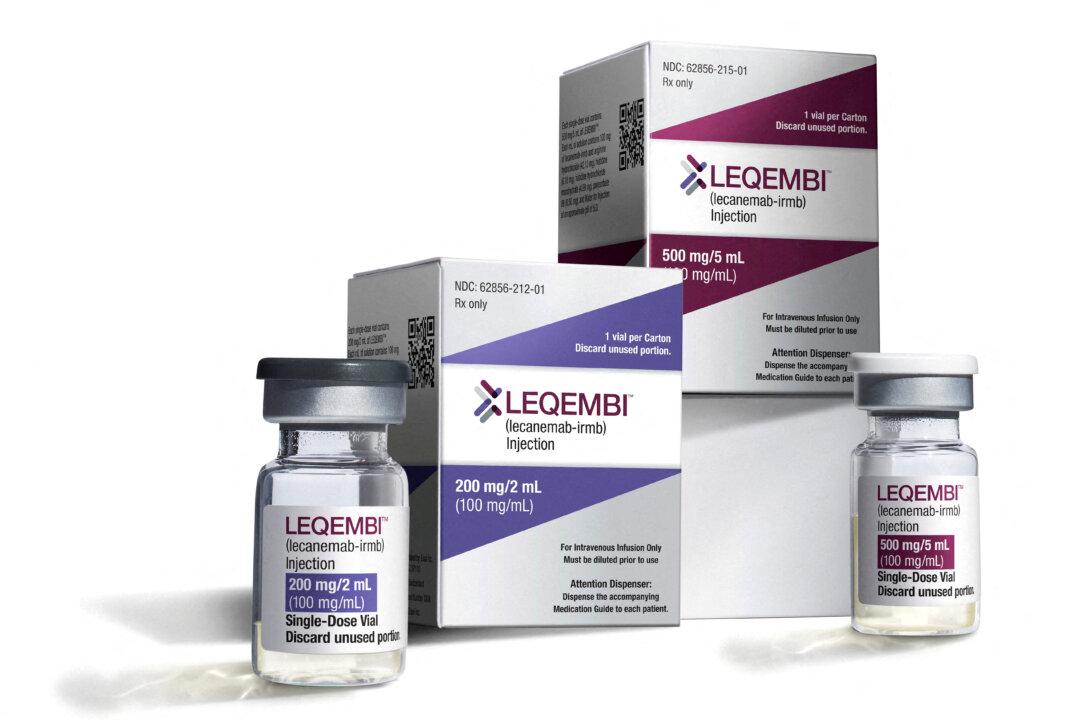The Veterans Health Administration (VHA) will provide coverage for Japanese company Eisai Co., Ltd and Biogen’s Alzheimer’s treatment Leqembi to eligible veterans living with early stages of Alzheimer’s disease, the companies announced on March 13.
In order to be eligible for the drug, veterans will need to meet certain VHA criteria (pdf), such as having undergone an MRI scan within the last 12 months, and being over 65 years of age, among others.





